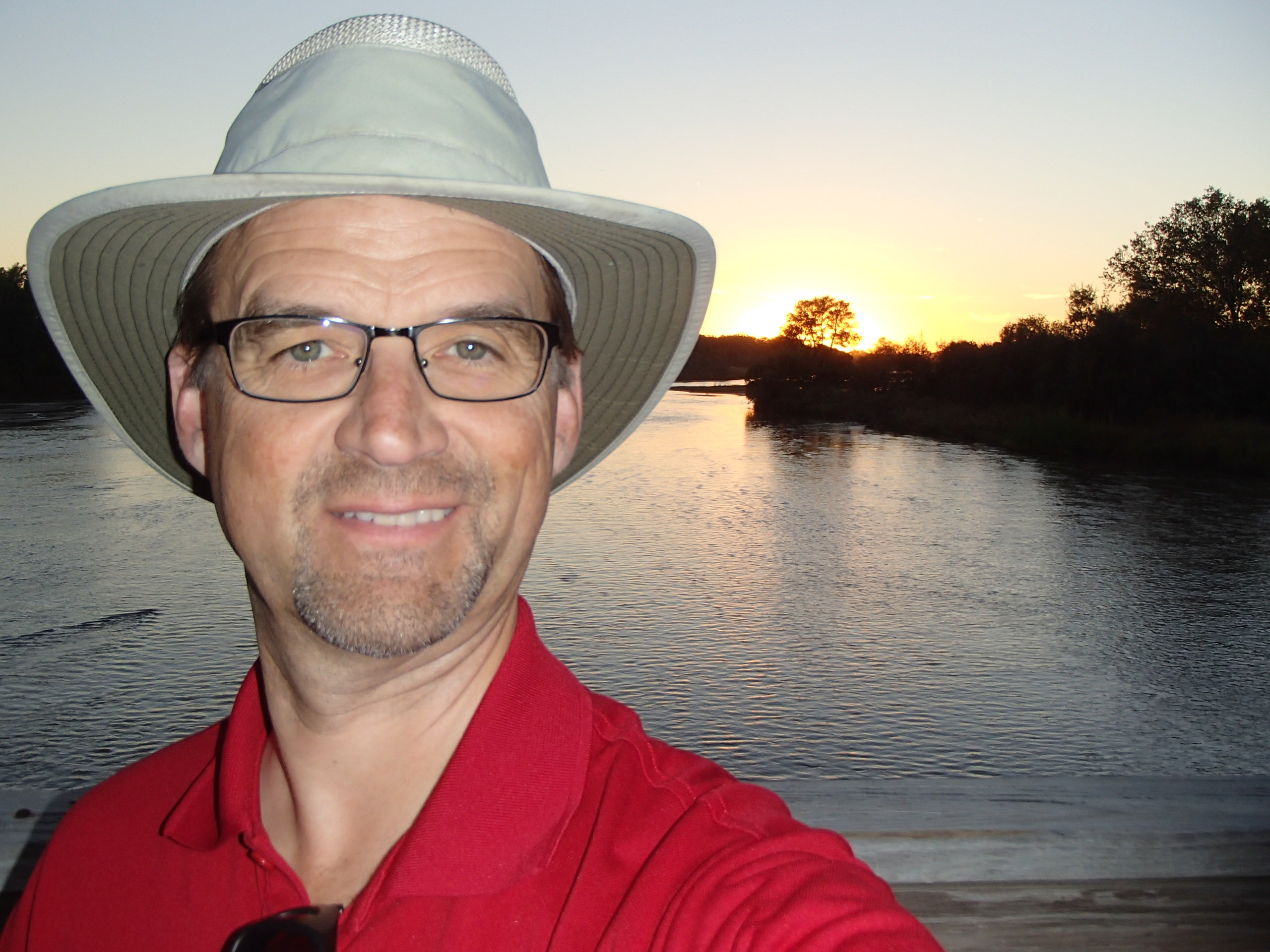
Tom Franti
Associate Professor and Extension Surface Water Management Specialist, Biological Systems Engineering
Dr. Tom Franti has a research, teaching, and Extension appointment as a Surface Water Management Engineer, with a focus on water quality research and education related to nonpoint source pollution from agricultural and urban settings. Through leadership and collaboration in a variety of water related Extension programs and educational activities, Tom strives to “provide programs that keep water clean.”
Diversity describes the many state and regional programs Tom has been involved in or led, and would describe his current pursuits. Tom’s current Extension work is with the Urban Water Quality Team, which focuses on stormwater management for urban residents and municipalities to improve water quality in urban settings. This Extension Team grew out of a six-year project Tom and colleagues completed to bring stormwater management education, research, and Extension to a wide range of audiences.
The team developed educational material for youth and adults, green industry professionals, and municipal officials across the state. They provided demonstration sites for rain gardens, stormwater infrastructure tours, symposia, and online and print resources to build rain barrels, design residential rain gardens, and understand how to employ green infrastructure to manage stormwater.
Tom directed the research effort into evaluating the hydrologic characteristics of existing residential rain gardens in Lincoln, NE. It was found from evaluation of 12 rain gardens, between 2 and 4 years old, that soil and plant conditions did not limit their function. Improper grading and berm construction limited their ability to hold runoff from a 1.25-inch design storm. This diverse project was funded by USDA-NIFA.
As part of this effort, Tom served on the Mayor’s Clean Water Program Task Force for the City of Lincoln, which helped to write Lincoln’s recently adopted post-construction stormwater management regulations.
Tom recently collaborated with North and South Dakota Extension to deliver two-day in-service training workshops to Extension and agency personal on riverbank management for water quality protection. Tom delivered content related to riverbank forest buffer design. Secondly, a collaboration with Iowa State University educated Nebraska stakeholders about the Daily Erosion Project expansion into Nebraska. The Daily Erosion Project tracks daily runoff and soil loss from a sample crop field in selected watersheds, to provide real-time data on the impact of soil erosion across the state. These regional projects were funded by North Central Region Water Network Capacity Building grants.
Tom recently developed a new undergraduate course, Introduction to Ecological Engineering, to train the next generation of engineers in the use of ecology and engineering sciences to solve environmental challenges. Content and delivery for this course was coordinated with a sister course at McGill University, Montreal, Quebec, Canada, to create a collaborative, blended course, with class meeting times synchronized for sharing live, online lectures. A student design project curriculum was implemented to allow students to work in collaborative, online, international teams, completing design projects via both synchronous and asynchronous online tools.
Tom also teaches the course, Nonpoint Source Pollution Control Engineering, an undergraduate/graduate course, focused on the characterization, management, and engineering of control of nonpoint source pollution from agriculture runoff and urban stormwater.
Tom is advisor to the UNL Soil and Water Resources Club. He has served on the UNL Faculty senate, and the Senate Executive Committee, and has served as a Fellow, and in various leadership roles, in the Center for Great Plains Studies.